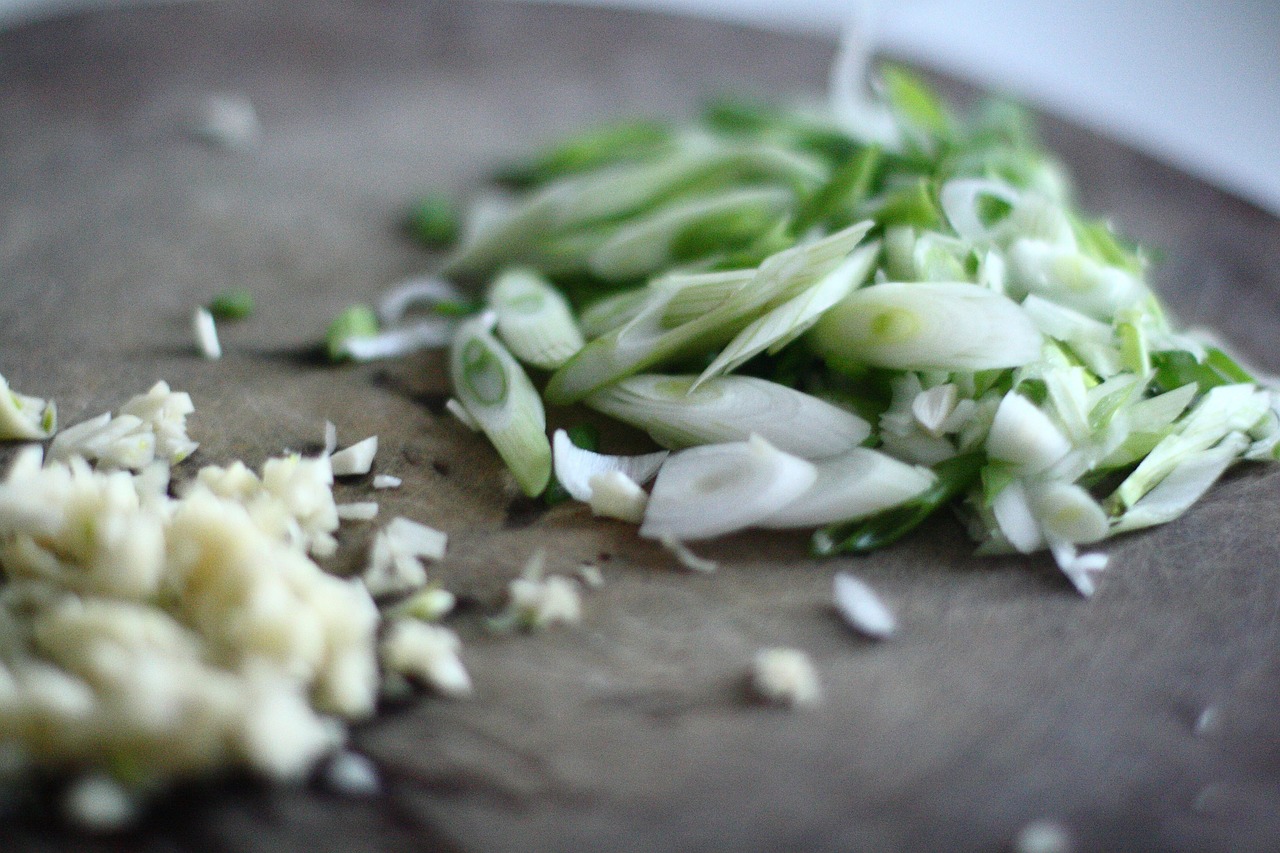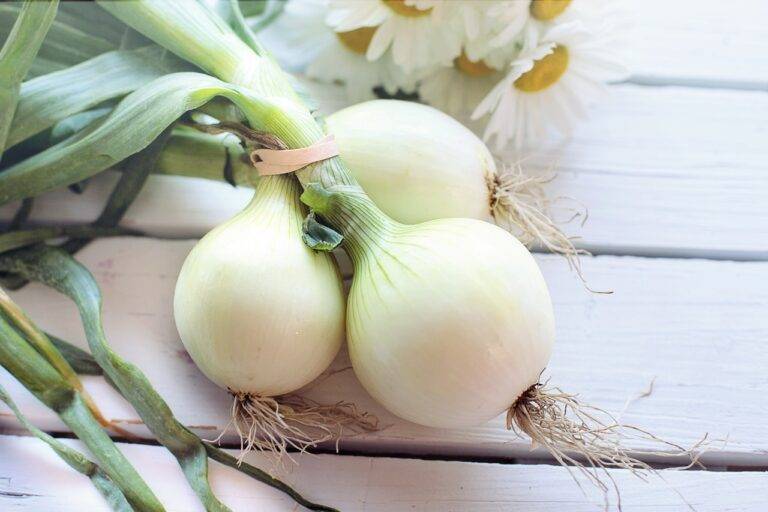A Look at Traditional Fermentation Techniques
Fermentation is a natural metabolic process that involves the conversion of organic compounds by microorganisms. It is a crucial method used in the production of various food and beverage products, as well as industrial processes. During fermentation, microorganisms such as bacteria, yeast, and molds break down sugars and other organic compounds to produce energy and various byproducts like alcohol, lactic acid, and carbon dioxide.
The fermentation process is widely utilized in the production of popular food items like bread, yogurt, cheese, and pickles. Additionally, fermentation plays a vital role in the production of alcoholic beverages such as beer, wine, and spirits. It is also utilized in industrial processes to produce chemicals, pharmaceuticals, and biofuels. The diverse applications of fermentation highlight its significance in various sectors and its role in converting raw materials into valuable products.
History of Traditional Fermentation Methods
Fermentation has a long history dating back thousands of years, with traditional methods being passed down through generations. In ancient times, people discovered the process of fermentation by accident, leading to the creation of various fermented foods and beverages. These traditional methods were integral parts of many cultures and played a crucial role in preserving food, enhancing flavors, and creating unique culinary experiences.
Different regions around the world developed their own techniques and recipes for fermentation, reflecting their local ingredients, customs, and preferences. For example, in East Asia, techniques like soy fermentation for making soy sauce and miso became widespread, while in Europe, the fermentation of grapes for wine production flourished. Traditional fermentation methods were not only practical for food preservation but also held cultural significance, with many fermented foods becoming staples in daily diets and important elements of celebrations and rituals.
Role of Microorganisms in Fermentation
Fermentation is a complex biological process that relies heavily on the activity of microorganisms. These tiny organisms, such as bacteria, yeast, and mold, play a crucial role in breaking down sugars and other organic compounds to produce a variety of end products. Through their metabolic activities, microorganisms help convert raw materials into desirable food products like cheese, yogurt, beer, and wine.
Additionally, microorganisms involved in fermentation can also contribute to the preservation of food by creating an acidic or alcoholic environment that inhibits the growth of harmful bacteria. This natural preservation method has been utilized for centuries by various cultures as a way to extend the shelf life of perishable foods. In essence, the role of microorganisms in fermentation goes beyond just producing flavors and textures – it is a vital part of food production and safety processes that have stood the test of time.





